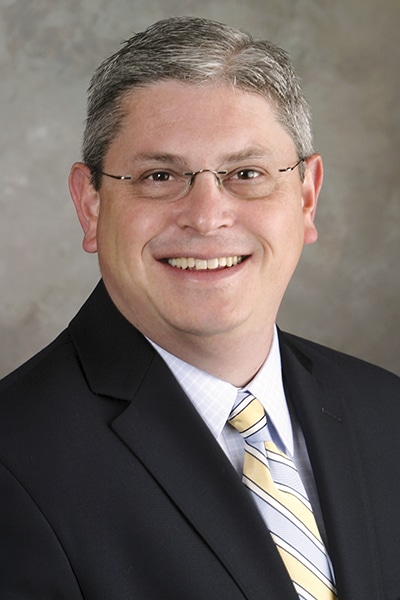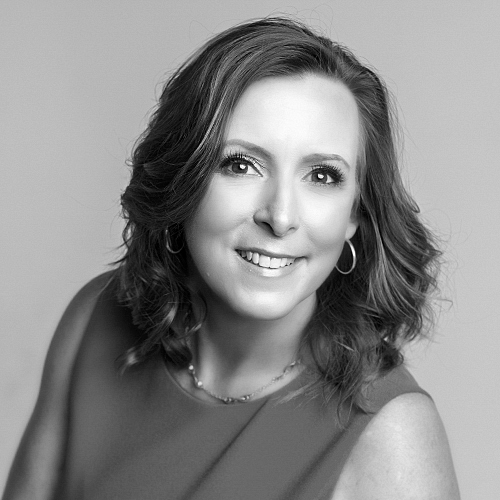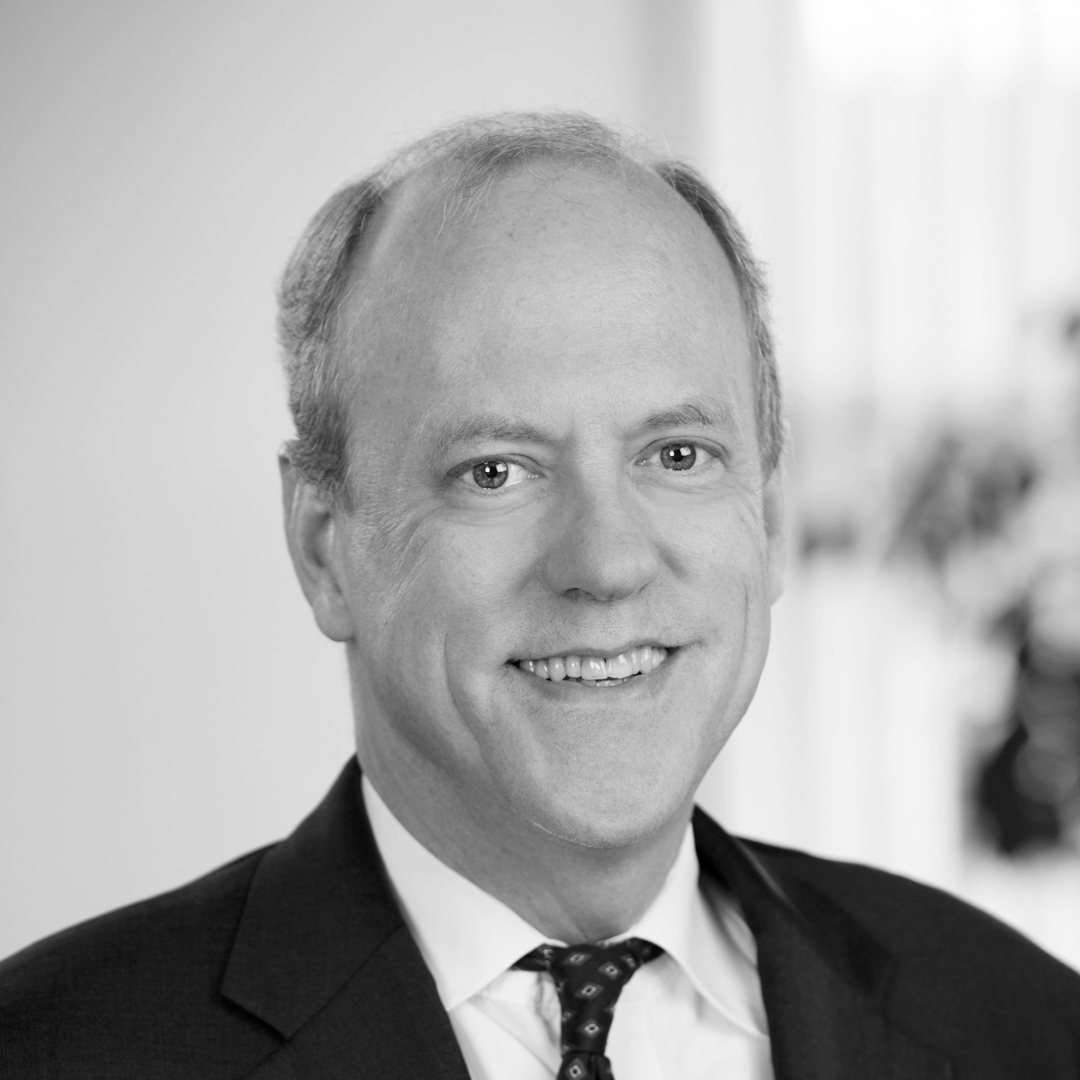Matthew Kirschner spent the first eighteen years of his professional life as a management consultant and investment banker, working mostly with nonprofit hospitals. But he still considered himself a rookie after being recruited by one of his clients, UnityPoint Health, to an in-house position in 2013.
“I’d always worked with healthcare companies, but I felt like my knowledge of the healthcare industry was an inch deep and a mile wide,” Kirschner said. “I could talk a little bit about a lot of topics, but I couldn’t go in-depth.”
Kirschner feared he’d be behind in terms of industry knowledge, but decided to accept the offer, in part, because of all the changes happening in healthcare. With the uncertainties surrounding the Affordable Care Act and the shift toward more transparency in care costs, among other factors, Kirschner felt he could learn and grow alongside industry veterans. He also had a specific skill set to offer his new team.

“UnityPoint Health was in a big growth mode, and they were looking for someone who understood how mergers and acquisitions worked and who knew how growth transactions would impact our balance sheet, whether it was the debt portfolio or the investment portfolio,” says Kirschner, who serves as the nonprofit health system’s vice president, treasury.
Today, UnityPoint Health has expanded organically and through mergers and acquisitions to include nine geographic regions, more than twenty hospitals and hundreds of clinics, as well as home care services throughout Iowa, Illinois, and Wisconsin. The rapidly growing company now boasts about thirty thousand employees.
Kirschner is in charge of UnityPoint Health’s debt and investment portfolios, its insurance renewal processes, and capital investment strategy, but he’s not just a money man. Among other duties, he helped roll out the health system’s new core values and standards of behavior framework in 2017.
“We have a philosophy at UnityPoint that we don’t try to hire the best position player, we try to hire the best athlete,” he said. “We put smart people in a role, but that doesn’t necessarily mean that’s all they do.”
Pinch hitting, so to speak, can be a challenge, but it keeps things interesting. “There’s nothing mundane about what I do,” Kirschner says. “I get to reinvent myself with every new project that comes along.”
For instance, in his work to revamp UnityPoint’s capital allocation process into more of a competitive model, Kirschner takes on a role similar to the Shark Tank investors who vet entrepreneurs’ products on TV. Kirschner, along with the vice president of strategy and business development, developed a new process and a Business Opportunity Assessment Team (BOAT). He and other company leaders are evaluating in-house projects vying for funding, looking for ideas that will give UnityPoint new ways to generate revenue in an era when it’s increasingly difficult to make money through insurance reimbursements alone.
“But, more importantly than that, we’re a healthcare company. Our business is to ensure the wellness and health of the population we serve,” he says. “So, if we can find new, innovative ways to be more efficient and able to deliver better care, that’s important.”
Funding projects that address regulatory requirements and patient safety are a given, but the company’s process pits projects that involve new businesses or initiatives against each other to compete for capital. The BOAT considers factors such as return on investment and UnityPoint’s long-term strategic plan when evaluating proposals. Although the team feared some would question the approach, they were pleasantly surprised after implementing it for the first time in 2017.
“At the end of the day, all our constituents—even if their projects weren’t funded—felt like the process was fair, made a lot of sense, and that it allowed us to be the best stewards of our resources in a changing healthcare environment.”
UnityPoint is also in the process of launching an Innovation arm that will include an accelerator and incubator that finds and supports start-ups that are working to develop products and ideas to improve operations at UnityPoint and the healthcare industry as a whole.
“At the end of the day, all our constituents—even if their projects weren’t funded—felt like the process was fair, made a lot of sense, and that it allowed us to be the best stewards of our resources in a changing healthcare environment.”
Meanwhile, Kirschner and other company leaders are introducing comparably low-tech innovations that he thinks will make a big difference in patients’ care and experience. For instance, UnityPoint is moving toward scheduling systems that allow patients to book appointments online with either a specific care provider or the first-available doctor, depending on the patients’ preferences. The healthcare system is also working on making bills more patient-friendly.
Simple shifts like making bills easier to understand and expanding online scheduling options might not generate immediate returns, but they will encourage patients to take better care of themselves and, hopefully, recommend UnityPoint to friends and family, Kirschner says. It’s also a practical way of putting the company’s motto, “Know How Much You Matter To This World,” into practice, as well as making healthcare easier and more personal, he says.
“We want to be the healthcare provider of choice for the regions we serve and the way we’re going to do that is to make it really pleasant and easy to come here,” he said. “We think innovation is critical to our organization and its ability to deliver great care. It’s also critical to our patients in their journey toward wellness.”
Company leaders also work to let their employees know how much they matter. For Kirschner, that translates into what he calls “leading from behind.” He trusts his staff to do their jobs while his role is to remove roadblocks and prevent pitfalls. He also gives staff members credit for the work they’ve done, inviting analysts to present their own data at important meetings, for example. The approach lets people know they are appreciated—and accountable—for their work.
“We feel like a family,” Kirschner says. “We have each other’s backs and, when someone tells us about something they’re working on, our first reaction is, ‘How can I help?’ That comes from the top and it’s one of the things that attracted me to this company.”
As the largest OCIO to healthcare organizations*, SEI is proud to work with Matthew in supporting UnityPoint’s overall goals. We’re HFMA Peer Reviewed with $15 billion in healthcare assets, and more than twenty-five years as an OCIO. Learn more about how SEI and UnityPoint create investment strategies for each asset pool, www.seic.com/HealthcareOCIO.
*Distinction based on competitive research utilizing publicly available information as of 12/31/2016. Largest based on number of healthcare clients, and/or based on healthcare client assets under management in SEI’s OCIO program for which SEI has discretion for money manager hiring and replacement decisions on behalf of those clients. HFMA staff and volunteers determined that this product has met specific criteria developed under the HFMA Peer Review process. HFMA does not endorse or guarantee the use of this product.


